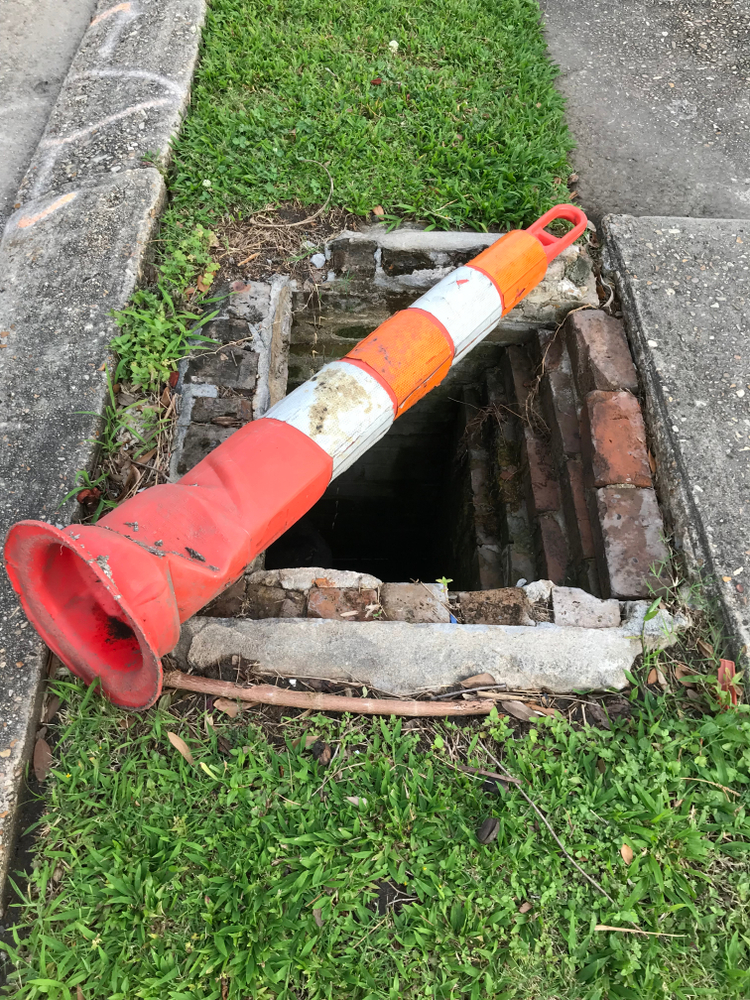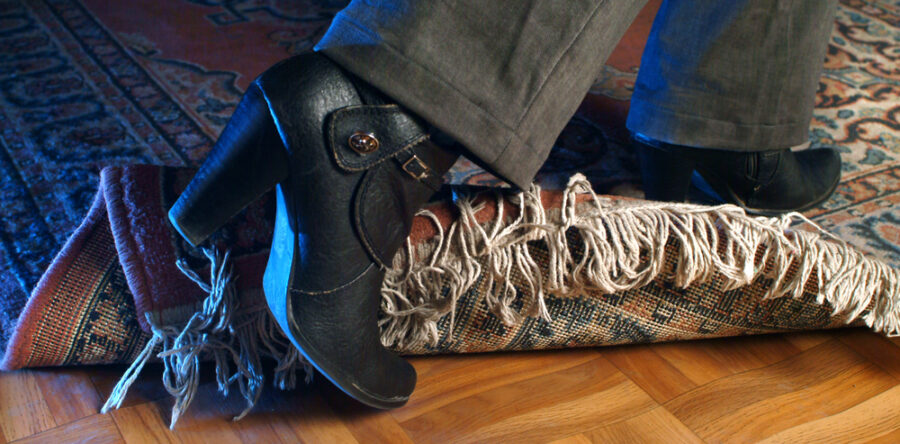Ever wonder why you buy insurance? I mean have you ever REALLY wondered? Most states require you to carry General Liability to maintain your contractor’s license. Everyone you work for requires proof of insurance before you begin any project. The list of those who need proof of “third party liability” insurance is long. If you think about it all those premium dollars spent just to satisfy the demands of others can start to get you down. Yet, there are some builders who have been in business for decades and have never had a “third party” claim. So, what’s at the core of it? What’s it really do for you?
General liability is insurance against “what ifs.” What if a prospect for a home visits your office and falls and fractures her wrist tripping over a loose rug? What if a subcontractor skimps on flashing around the windows on one of your homes and a few years later the home owner sues you for the resulting water damage? What if the person you hired to manage your website and social media posts damaging and misleading information about your biggest competitor and they sue for libel? What if one of your employees attends a trade show on your behalf and gets into a shoving match with a vendor that results in the vendor getting hurt and filing suit? If you’re beginning to think the list of “what ifs” could go on indefinitely, you're starting to see why the word “general” is used in general liability. At the risk of over-simplifying, under general liability insurance, unless it’s excluded, it’s covered.*

For most people the tendency is to think “sure those things can and do happen, but what are the odds they’ll happen to me?” That’s a reasonable question, but it doesn’t take proper account of the facts. According to the US Bureau of Labor Statistics and the Centers for Disease Control here are some facts about the most common type of third party claim:
- 16% - The percentage of all injuries across all industries resulting from slips, trips and falls
- 700 – The average number of fatalities per year resulting from slips, trips and falls
- $30,000 – The average cost of a slip, trip or fall accident
- Snow, ice, rain, spills, loose mats, rugs and stepladders – The most common causes of these accidents
What if scenarios are endless. Here’s the last one I’ll mention: What if you are presented with a third party claim? Do you know what your policy excludes? Are your limits adequate to protect your assets? Call us at 1-866-454-2155 to discuss your coverage needs. You can also visit us on the web at www.rwcinsuranceadvantage.com.
Stay safe!
(* Not all “what ifs” mentioned in this blog would be covered. Please read your policy carefully to know what coverage you have.)

